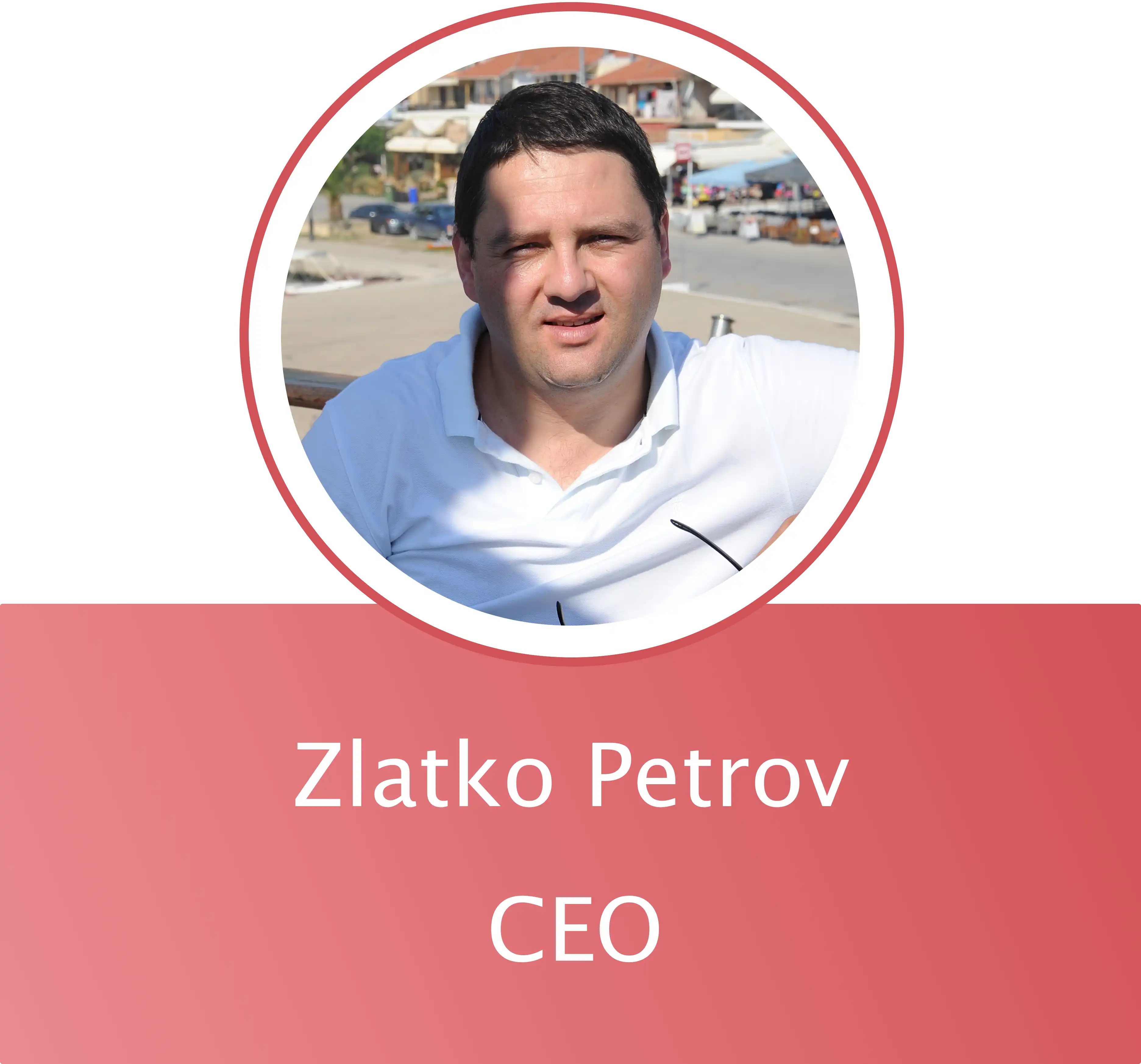Challenges for Next-Gen AI
Automonous Actions. AI systems are transforming the way actions are executed, free from human intervention. These cutting-edge technologies utilize predefined rules, algorithms, and machine learning models to process data and unleash remarkable capabilities.
Safe and Trustworthy. Next-gen AI systems play a pivotal role in making decisions that directly impact human safety and well-being. Deployed in critical domains like healthcare, transportation, and emergency response, these systems operate in complex and unpredictable environments with varying inputs and conditions.
Compliance to Regulations. The need for compliance and government regulation for AI arises from the increasing influence and impact of AI technologies on various aspects of society.

Autonomous Actions
Actions and decisions without human intervention
Safe and Trustworthy
Actions and decisions that impact safety and well-being
Compliance to Regulations
Adherence to local, regional laws and regulations
How we can help?
AI Data Pipeline Processor. Our AI processor is our flagship offering, and is designed to optimize the flow of data through complex AI systems. By streamlining the data pipeline, we ensure efficient processing from data ingestion, transformation, and integration of diverse data sources, ultimately enabling organizations to derive meaningful insights and make data-driven decisions with ease.
Compute Continuum. To supercharge AI workloads, we support a state-of-the-art computing infrastructure that includes edge devices, hardware accelerators such as GPUs and FPGAs, and cloud computing platforms, to meet current demands of Big Data and deliver unmatched performance and scalability. Leveraging cutting-edge hardware and advanced optimization techniques, we provide the computational power necessary for training complex AI models, accelerating research, and driving innovation across industries.
Federated AI Learning. Our Federated AI Learning solution is at the forefront of secure and collaborative AI development. It enables organizations to leverage the collective knowledge and data distributed across networks while maintaining privacy and security. By facilitating collaborative learning among multiple parties without compromising sensitive information, Federated AI Learning unlocks new possibilities for research, analysis, and the development of AI models.
Insight Continuum. The Insight Continuum is part of our advanced analytics platform that empowers businesses to unlock hidden patterns and extract valuable insights from their data. Moreover, through sophisticated algorithms and machine learning techniques, our platform is able to reveal actionable intelligence, enabling organizations to make informed decisions, optimize processes, and drive business growth.
Virtual IoT Simulation. Our Virtual IoT Simulation platform provides a realistic virtual environment, enabling organizations to simulate and test AI-driven IoT systems, ensuring optimal performance, reliability, and scalability before deployment. Virtual IoT Simulation helps accelerate development cycles, reduce costs, and minimize risks associated with IoT implementations.
Open Source AI Platform. We aim to leverage the benefits of open sourcing our AI platform and algorithms, to empower developers and businesses with technology that can be tailored to their specific needs, fostering experimentation, collaboration, creativity, research and transparency.
Custom AI Data Pipeline Processor
From big data to insights
Compute Continuum
From low-end edge devices to high-performance cloud platforms
Federated AI Learning
Data security with decentralized learning
Insight Continuum
From what now to what if
Virtual IoT Simulation
Pushing the boundaries of big data
Open Source AI Platform
Transparency, collaboration and community support
Case Studies
Agro Tech
We are currently leveraging our AI technology to support agriculture industry:
Precision Farming.
- Support for data-driven decision-making to enhance productivity and sustainability in agriculture while ensuring food security and minimizing environmental impact.
- Automation and optimization of tasks in the agriculture industry.
- Proactive detection of diseases and pests.
Space Tech
We are using AI in space technology to enhance various aspects of space exploration and operations.
Data Analysis and Discovery.
- AI algorithms and machine learning techniques analyze space data, including satellite imagery, telescope observations, and sensor readings.
- Enables scientists to uncover patterns, anomalies, and new discoveries in vast amounts of space data.
Enhancing Autonomous Operations, and Safety.
- Enables autonomous operations and supports mission planning and scheduling.
- Enhances safety measures by assisting in space object tracking and collision avoidance.
Bio Tech
Our next-gen AI systems play a pivotal role in Bio technology:
Enhanced Diagnostics and Personalized Medicine.
- AI improves disease detection through accurate analysis of medical images and enables personalized treatment plans by leveraging patient data for tailored therapies.
Improved Disease Monitoring and Precision Interventions.
- AI-powered wearable devices and sensors enable real-time health monitoring, facilitating early detection of abnormalities, and AI-assisted robotic surgery enhances precision and control during procedures for better surgical outcomes.
About Us

Zlatko holds Executive MBA from Hult International Business School. He received his MSc. in Embedded Systems Design from the University of Lugano. He also received MSc. in Automation and Control Engineering from the Technical University of Varna and is certified in Green Belt Design for Six Sigma.
Throughout his career, Zlatko held several positions within academia and industry, primarily focusing on research and innovation. Zlatko brings over a decade of experience with Honeywell Aerospace, a Fortune 100 company, where he held several technical, project, and program management positions. Between 2007 and 2015, Zlatko oversaw scouting for emerging and promising technologies, with the key objective being to retain the company’s competitive advantage in avionics platforms and solutions for software development. He is a recipient of the Honeywell Outstanding Engineer Award.
Zlatko was a Project Coordinator of the FP7 project REFLECT. He has also been a task and WP leader in multiple EU co-funded projects. Since 2008, Zlatko has served the European Commission as a technical expert for project/proposal evaluation and monitoring.

Gabriel Figueiredo obtained his M.Eng. degree in Computer Engineering from Instituto Superior Tecnico, Portugal in 1997, followed by an M.Sc. in Computing Science from Imperial College London in 2000, and a PhD in Computing Science from the same institution in 2007.
Since 2005, Gabriel has been actively engaged as a research associate at the Custom Computing Research Group in Imperial College London. Throughout his career, he has contributed to numerous research projects in the UK and EU, including Ubisense, FP6 hArtes, FP7 REFLECT, FP7 HARNESS and H2020 EXTRA. His expertise spans various domains, encompassing FPGA and GPU acceleration, high-level synthesis, cloud computing platform, large-scale simulation, machine learning and big data.
Gabriel's contributions include authoring over 40 research papers, which have been published in peer-referred journals and international conferences. Additionally, he has contributed as a co-author to two books on the topics of compiler optimizations and aspect-oriented design.